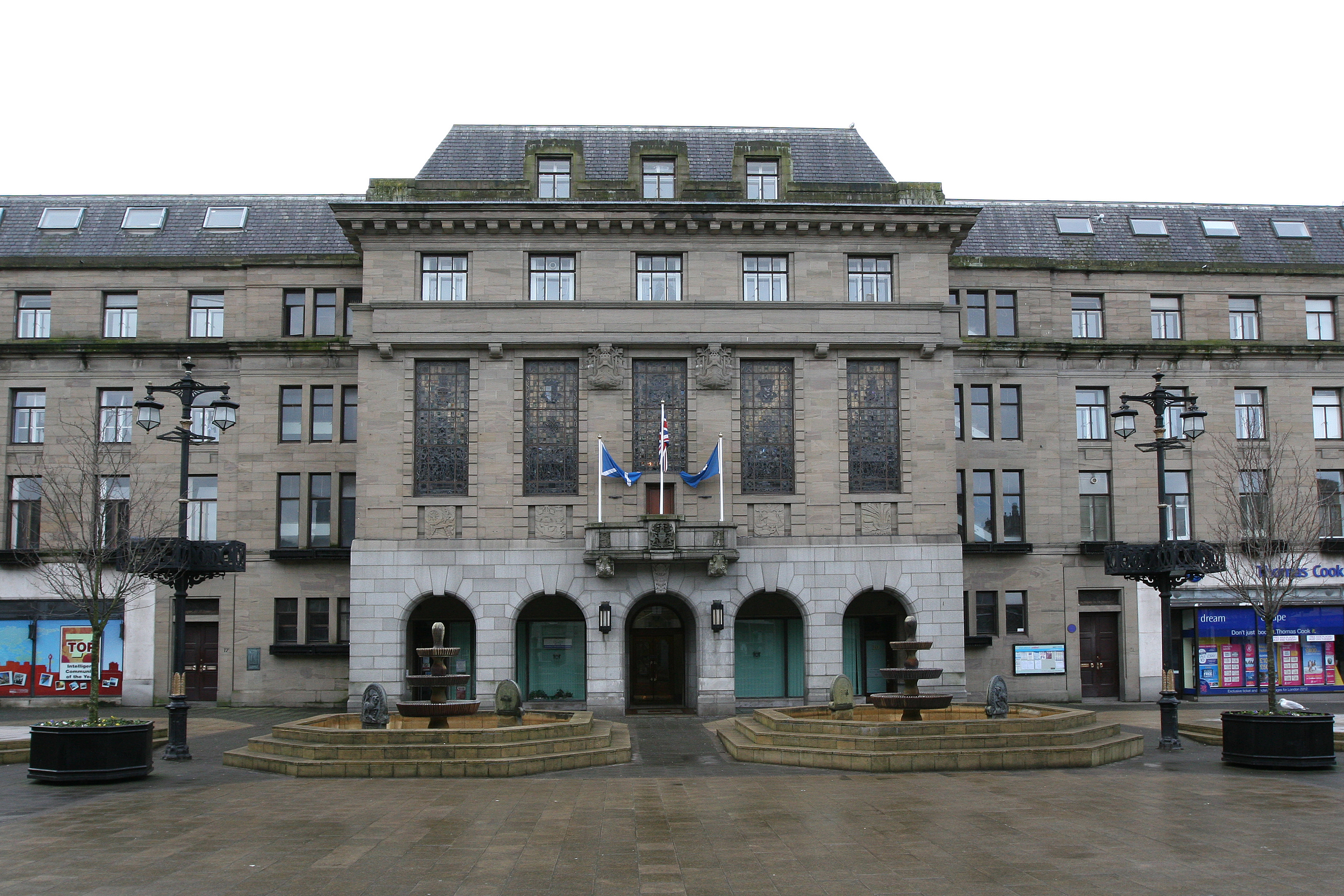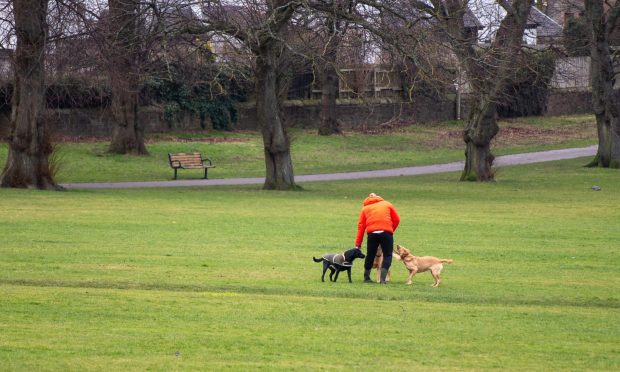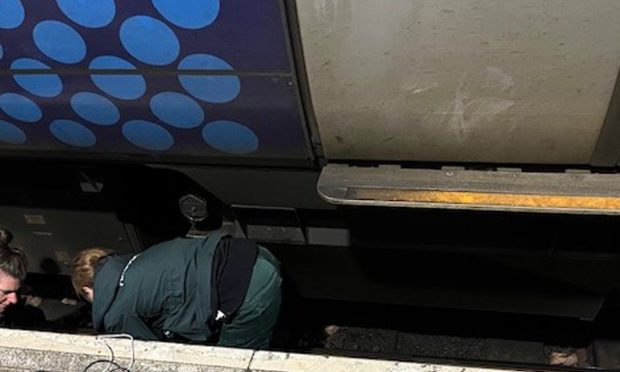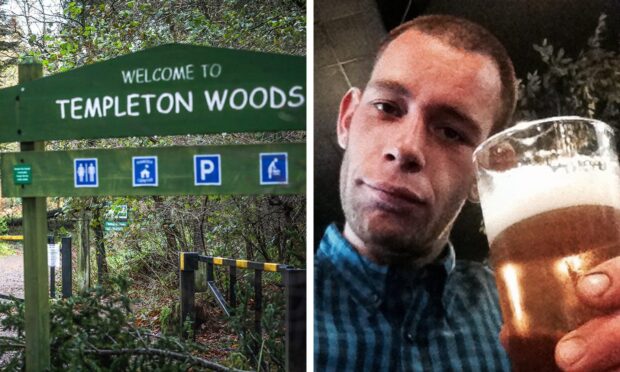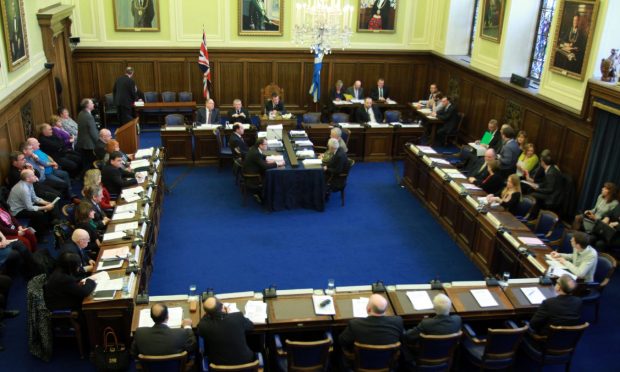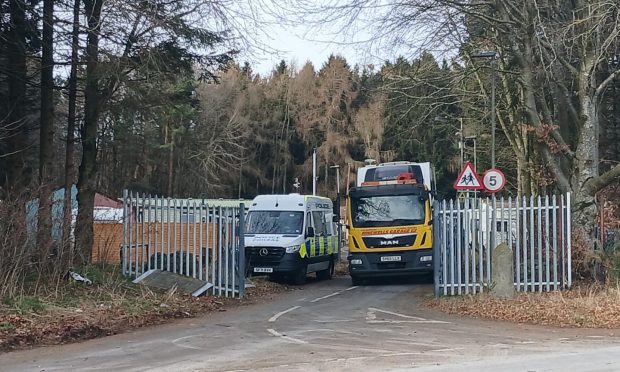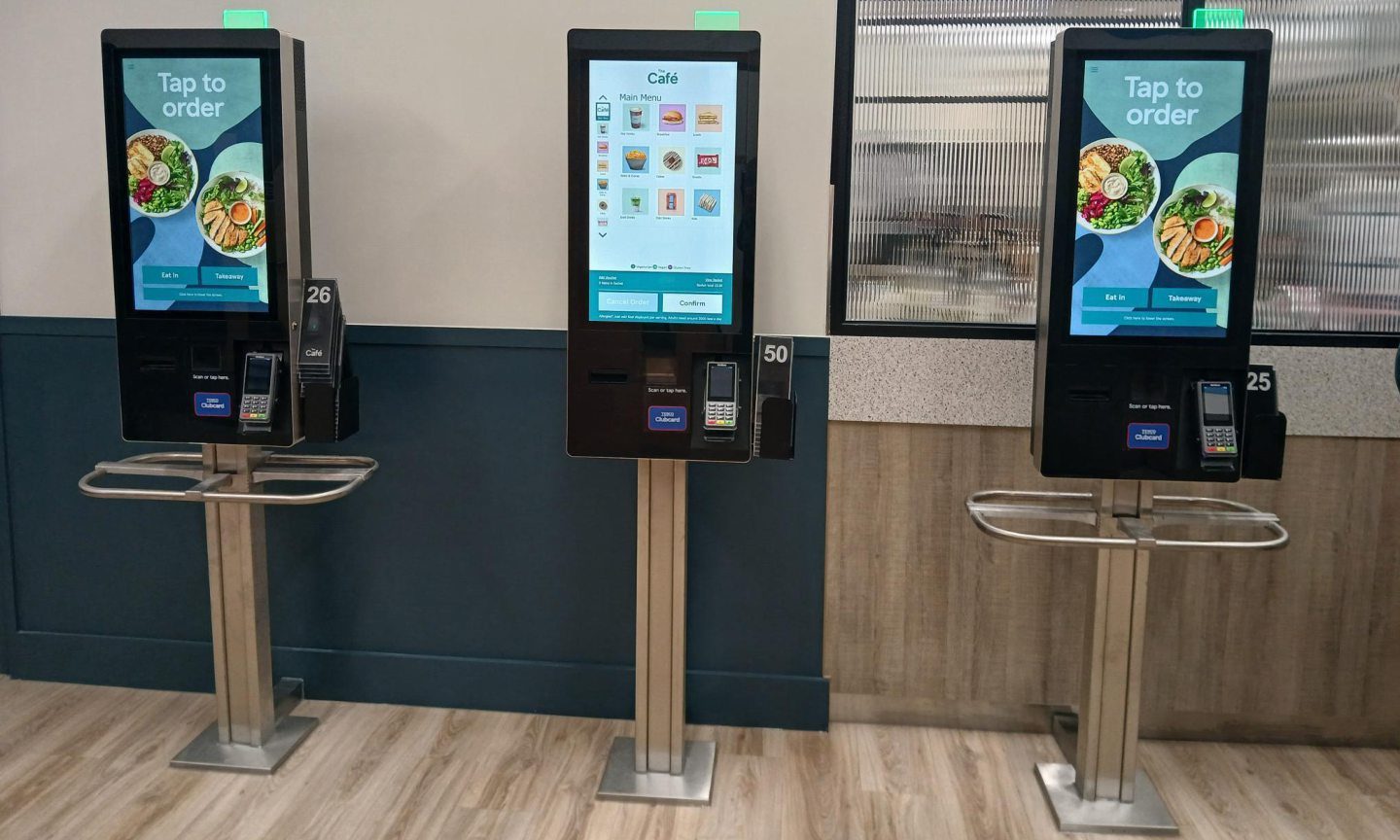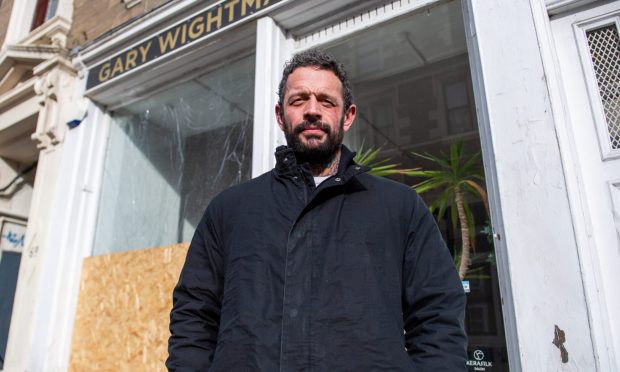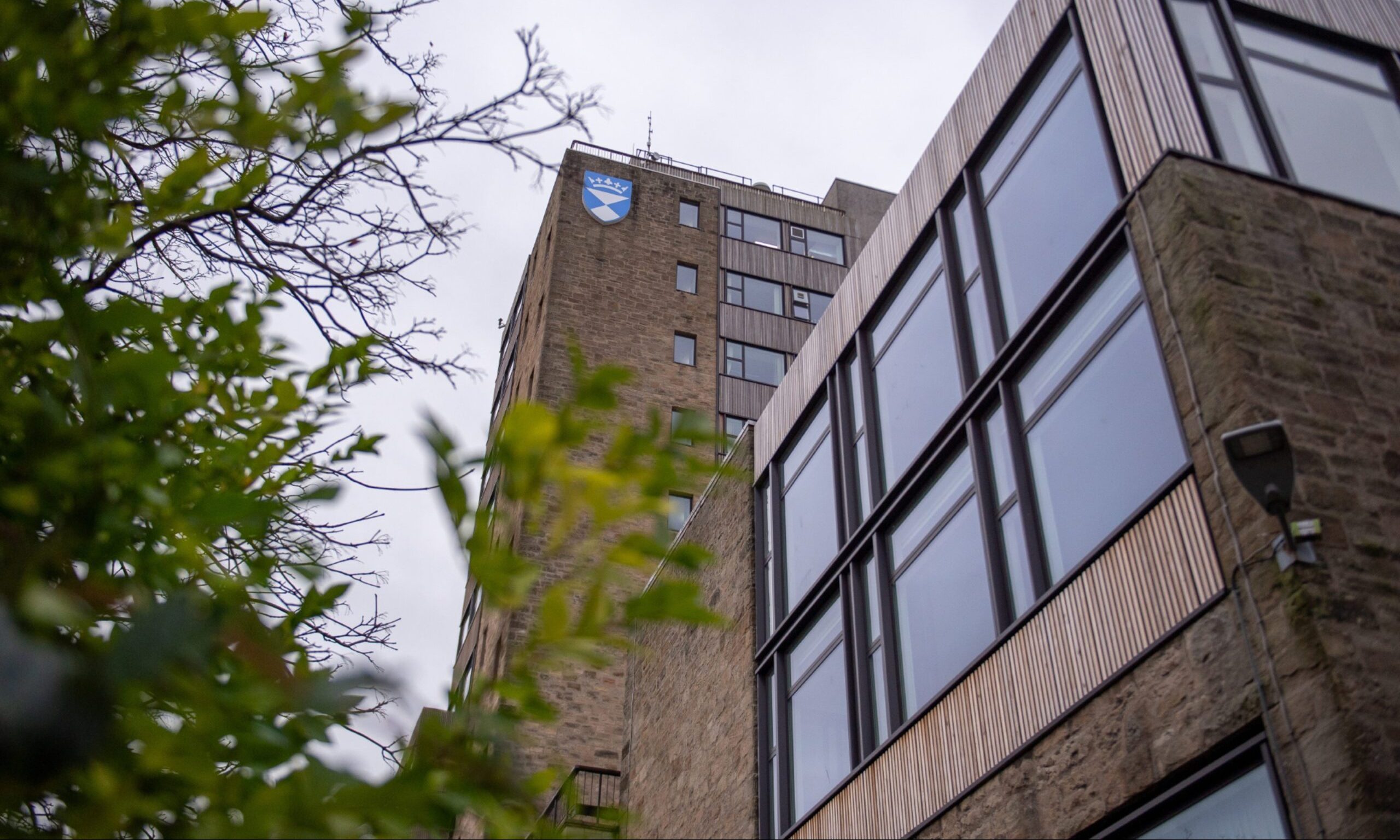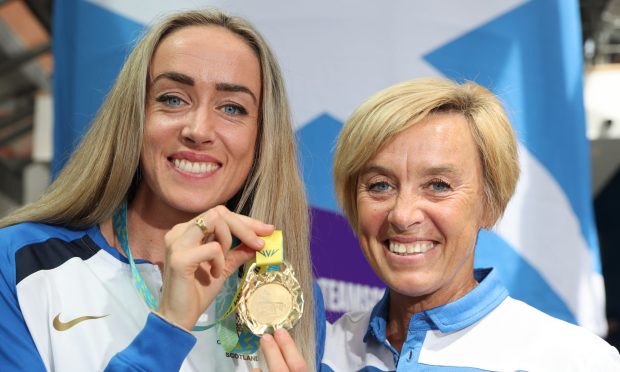An emergency motion will be heard by Dundee City Council this evening as the SNP administration seeks to block boundary change.
Cross-party support will be sought by council leader Ken Guild to tell the Scottish Government to reject proposals.
They would see ward boundaries change, splitting Broughty Ferry in particular, but crucially they would also force the council to pay for the election of two additional councillors.
At a time when Dundee is facing the toughest budget cuts in history, the council believes that is neither justifiable nor affordable.
Elected members, including the Ferry ward’s four councillors, had hoped the boundary change proposals would already have been consigned to the dustbin.
More than 1,000 city residents opposed the suggestion, put forward for consultation by the Local Government Boundary Commission for Scotland, but despite that unprecedented opposition the commission last month elected to recommend the changes go ahead.
The decision now lies with the Scottish Government.
Mr Guild will today seek unanimous support to write to the newly appointed local government minister, Kevin Stewart MSP, urging him to listen to the will of the people.
And just as importantly, he will urge the minister not to saddle the council and the people of Dundee with two additional salaries and the costs associated with boundary change.
Mr Guild said there could be “no justification” for such a step in such a time of financial difficulty.
“I have asked that the matter be added to the agenda of the council meeting of Monday evening’s meeting.
“I will be putting forward a motion to that end and would hope to get full backing from councillors.
“I believe that will strengthen my hand when I write to Mr Stewart.
“It makes no sense at a time when we are being forced to cut staff to take on the financial burden of two additional councillors.”
As the commission’s full recommendations have become available, it has emerged that Dundee City Council’s eleventh-hour U-turn was apparently ignored.
The SNP administration, backed by other councillors, initially backed boundary change and in fact suggested a more radical approach which was subsequently adopted by the commission.
That support remained, in the face of opposition from Broughty Ferry residents, until the council’s financial position changed amidst a drastic reduction in finances, service cuts and job losses.
In March, the council reversed its position and unanimously adopted the opposition stance once taken solely by Ferry councillor Derek Scott and wrote to the then local government minister and the commission to call for the proposal to be scrapped.
In its final recommendation to the Scottish Ministers, however, the commission overlooks that change of heart – suggesting it may have come too late in the consultation – and dismisses the concerns of concerned Broughty Ferry residents.
The reporter writes that: “While recognising the strong opposition to our proposals from Broughty ferry, we do not feel local residents’ concerns about the impact of the changes to ward boundaries were supported by evidence.
“We are not aware of any evidence that changes to ward boundaries result in electors transferring to other communities, that addresses and postcodes are affected, nor that property prices and insurance premiums change or that services would not still be available to people at the usual locations.
“There would be no effects on the status of conservation areas or on the extents of community council areas.
“We also noticed the lack of opposition from elsewhere in the city and the support of the council for proposals which incorporated the council’s suggested improvements to our original proposals.
“We therefore remained of the mind that our proposals addressed the under-representation in Dundee compared to the rest of the country, improved overall parity across the city compared to existing wards and increased the number of councillors in the most deprived areas.”
The proposals would see changes made to the Coldside, Maryfield, East End and Ferry wards, with councillor numbers boosted from 29 to 31.
Taking into account salaries and average expenses for the two new councillors proposed, the recommendations, if accepted, would cost the public purse at least £34,500 extra each year.
